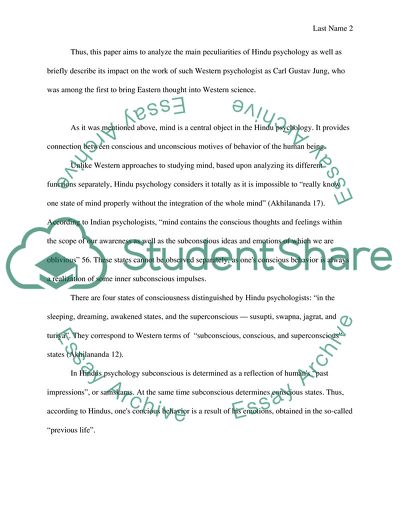Cite this document
(Hindu Psychology Essay Example | Topics and Well Written Essays - 1250 words, n.d.)
Hindu Psychology Essay Example | Topics and Well Written Essays - 1250 words. https://studentshare.org/psychology/1848907-psychology-in-hinduism
Hindu Psychology Essay Example | Topics and Well Written Essays - 1250 words. https://studentshare.org/psychology/1848907-psychology-in-hinduism
(Hindu Psychology Essay Example | Topics and Well Written Essays - 1250 Words)
Hindu Psychology Essay Example | Topics and Well Written Essays - 1250 Words. https://studentshare.org/psychology/1848907-psychology-in-hinduism.
Hindu Psychology Essay Example | Topics and Well Written Essays - 1250 Words. https://studentshare.org/psychology/1848907-psychology-in-hinduism.
“Hindu Psychology Essay Example | Topics and Well Written Essays - 1250 Words”. https://studentshare.org/psychology/1848907-psychology-in-hinduism.


